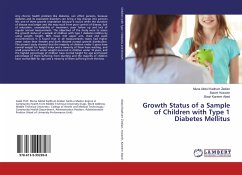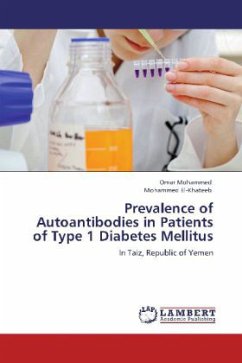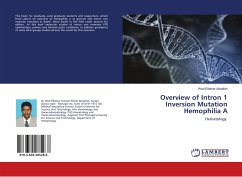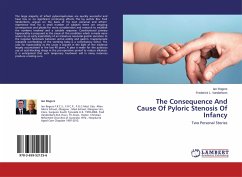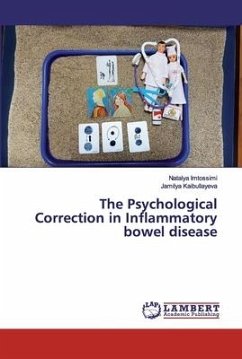
Chronic Psychological Stress in Type 1 and Type 2 Diabetes Mellitus
Biomolecular Mechanism
Versandkostenfrei!
Versandfertig in 6-10 Tagen
32,99 €
inkl. MwSt.

PAYBACK Punkte
16 °P sammeln!
Prolonged stress has long been shown to have major effects on the development of both type of diabetes mellitus, Type 1 and Type 2. Type 1 diabetes is an autoimmune disease that is characterized by the immune system attacking self-antigens. There is a failure or breakdown in immunological tolerance to allow this to happen. Prolonged physical or emotional stress can activate the hypothalamus-pituitary-adrenal (HPA) axis to induce production of the stress hormone glucocorticoid, causing abrupt thymus involution and result in escape of autoreactive T- cells. Though regulatory T-cells (Treg) are p...
Prolonged stress has long been shown to have major effects on the development of both type of diabetes mellitus, Type 1 and Type 2. Type 1 diabetes is an autoimmune disease that is characterized by the immune system attacking self-antigens. There is a failure or breakdown in immunological tolerance to allow this to happen. Prolonged physical or emotional stress can activate the hypothalamus-pituitary-adrenal (HPA) axis to induce production of the stress hormone glucocorticoid, causing abrupt thymus involution and result in escape of autoreactive T- cells. Though regulatory T-cells (Treg) are present in the circulation, they are unable to suppress the autoreative T-cells from initiating the destruction of -cells and the subsequent development of Type 1 diabetes. Stress also causes metabolic disturbances, including altered hepatic glucose metabolism, increased peripheral insulin resistance and hyperglycemia. Glucocorticoid is the potential contributor to the chronic hyperglycemia that results in insulin resistance and -cell dysfunction via the generation of oxidative stress which ultimately leads to the development of Type 2 diabetes.




